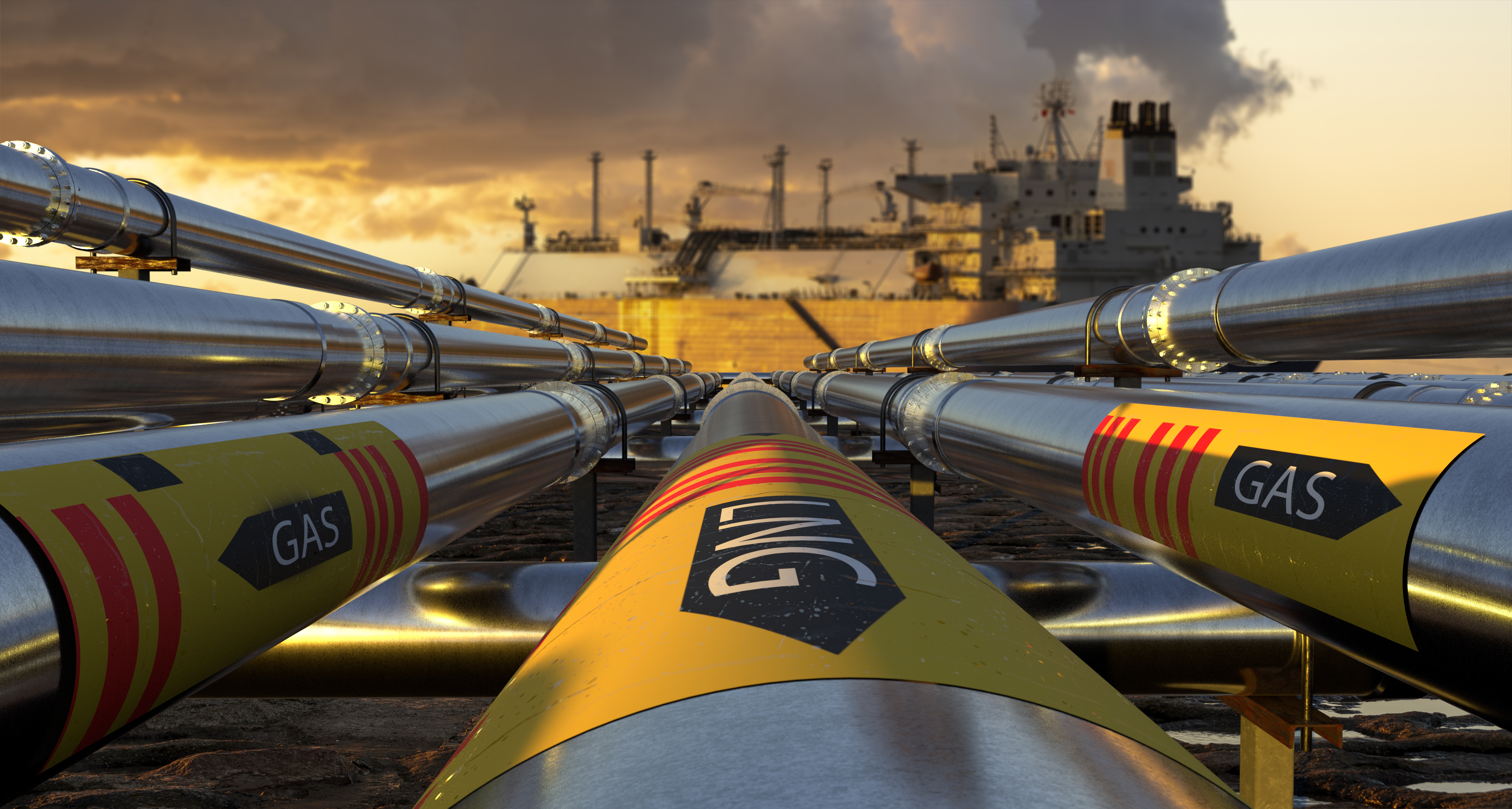IEEFA comments on Mexico Pacific Limited application to expand LNG operations

Key Takeaways:
The recent application to expand export and re-export operations by Mexico Pacific Limited LLC relies on outdated studies and assumptions about long-term LNG demand growth.
The proposed project fails to account for higher inflation, the continued effects of the COVID-19 pandemic on energy demand and the global supply chain, and the effects of Russia’s invasion of Ukraine on global natural gas markets.
The DOE should update its data to reflect current events and their effects in new economic models.
The significant risk of mismatches between LNG supply and demand, which can lead to volatility in prices and underutilization, calls into question the viability and economic benefit of the proposed project to the public.
The Institute for Energy Economics and Financial Analysis (IEEFA) has submitted comments to the Department of Energy that raise issues about outdated studies used in considering an application to expand LNG export and re-export operations by Mexico Pacific Limited.
The proposed Mexico Pacific Limited project involves exporting natural gas by pipeline to Mexico and then re-exporting 291.2 billion cubic feet of LNG annually to non-free trade agreement countries. IEEFA concluded that the project does not align with public interest: It relies on three outdated studies that fail to account for higher inflation, the continued effects of the COVID-19 pandemic on energy demand and the global supply chain, and the effects of Russia’s invasion of Ukraine on global natural gas markets.
"IEEFA urged the energy department to update its data to reflect current events and their economic effects for a new economic model. Long-term growth prospects in the LNG industry are not guaranteed," said Trey Cowan, IEEFA oil and gas analyst and the author of the comments.
“In the context of several years of restrained global LNG demand growth and a massive increase in supply coming online starting in 2025, the U.S. economic benefit from exporting natural gas to Mexico for global LNG re-exportation is diminished and likely does not outweigh the long-lasting costs to the public,” he said.
Although energy security and geopolitical events have spurred increased LNG imports to Europe over the short term, they have also prompted long-term government measures to reduce overall European gas demand. Meanwhile, demand reduction may also be occurring through the market as consumers adapt to higher prices for natural gas and LNG; both Asia and Europe decreased gas consumption last year.
IEEFA concluded that the energy department’s current data does not take the shifting global demand outlook into account, and that current data may not point to the same conclusions as data from five years ago.
“The significant risk of mismatches between LNG supply and demand, which can lead to volatility in prices and underutilization, calls into question the viability and economic benefit of the proposed project to the public,” said Cowan. “It is crucial that the DOE re-examines the issues with public interest in mind.”













